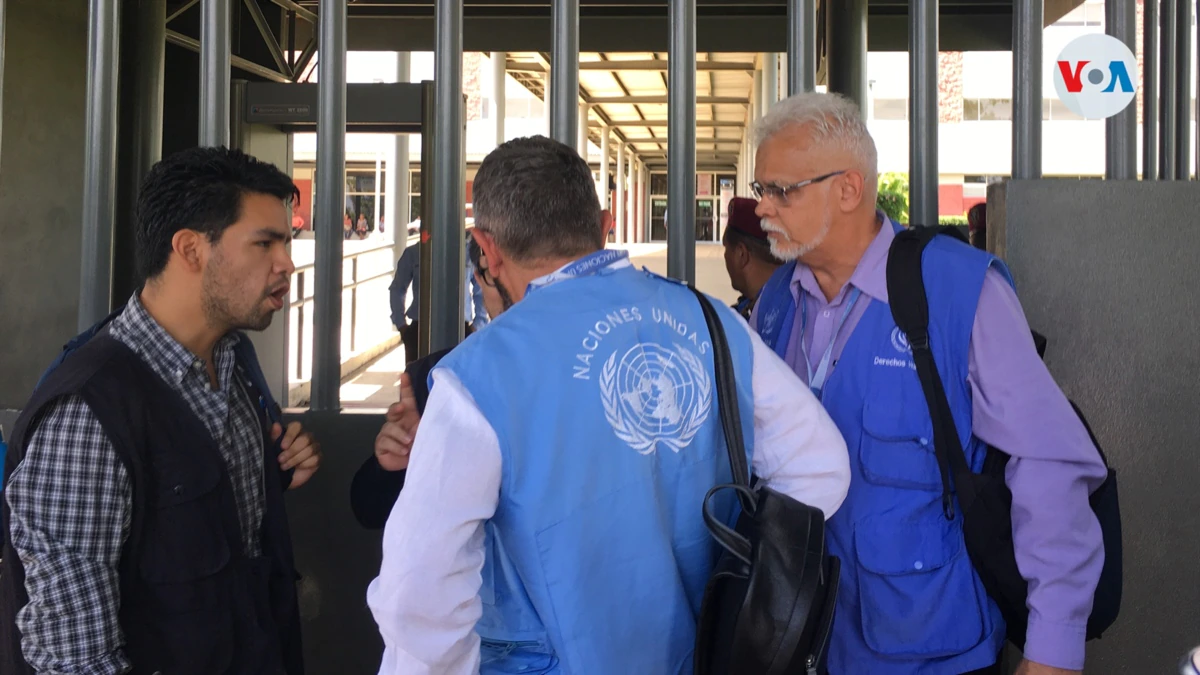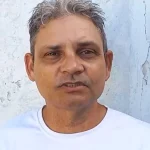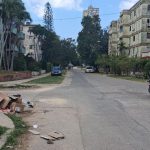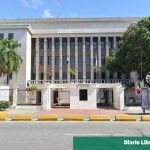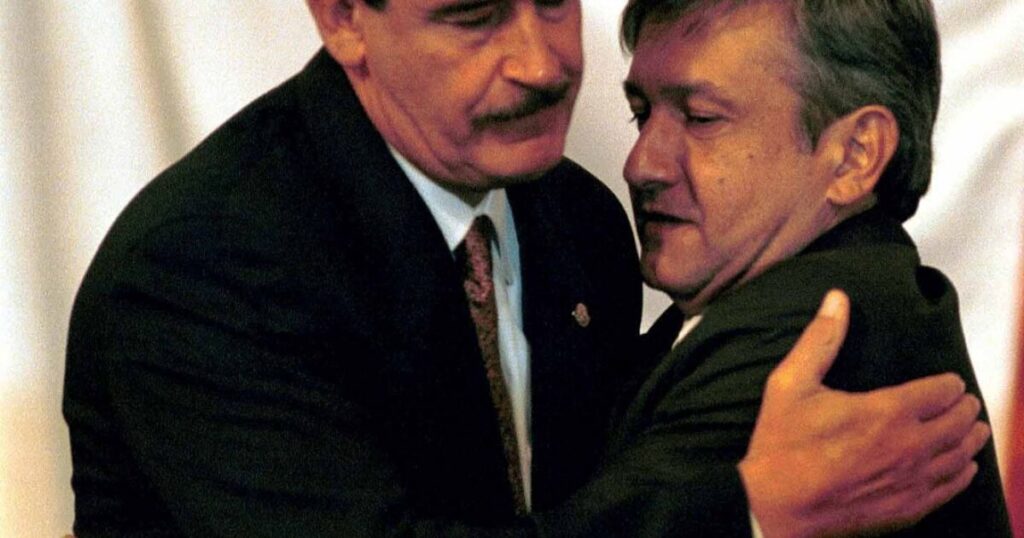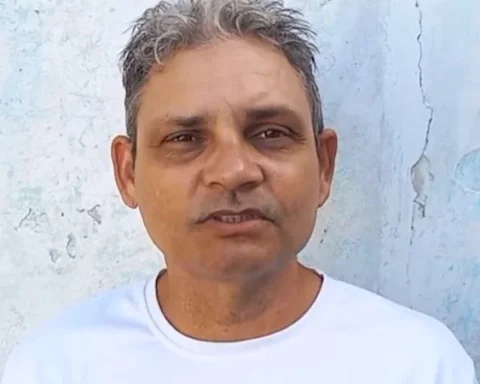The Nicaraguan government led by Daniel Ortega increasingly distances organizations focused on human rights, while liquidating civil society groups through laws, such as the Foreign Agents Lawanalysts say.
The most recent action by the Managua government took place just a few days ago, on April 24, and the target was the Organization of American States (OAS). The Ortega government ordered the closure and confiscation of the office that served as the organization’s headquarters in Managua.
The list of expulsions was led by the delegation of the Regional Office of the United Nations High Commissioner for Human Rights (OACNUDH). That happened after the 2018 anti-government protests.
The expulsion of the OHCHR representatives, in August 2018, occurred after the body published a report revealing the “repression” of the Ortega government against the protesters. Authorities said at the time that the UN body’s role in the country had ended.
Alberto Brunori, Regional Representative for Central America of the OHCHR, assured that since that date, the organization has not had access to Nicaragua. He said the situation is “worrisome.”
“These are scenarios of concern. The High Commissioner has requested access on different occasions not only for our office, but for other international organizations such as the IACHR, who have not had access again,” Brunori said via Skype to the Voice of America.
“[Es] regrettable [la decisión de Ortega] because cooperation with multilateral organizations is considered important in all the countries of the world”, he said.
Brumori indicated that there have been “frictions” with Managua due to the warnings they made after the approval of laws such as the Law on Foreign Agents that persecutes various non-governmental organizations.
“We had warned that the law could harm the civic space of the NGOs that in the end sustains a democracy and unfortunately we see the results. We already see 160 closed NGOs and that does not contribute to the growth of a solid democracy”, he affirmed.
Ortega also expelled the Inter-American Commission on Human Rights (IACHR) five months later from the OHCHR – in December – and accused it of acting in an “interfering” and “biased” manner in its evaluation of the crisis in Nicaragua that left more than 300 dead.
The departure of the Special Interdisciplinary Investigation Group (GIEI), created by the IACHR to evaluate the human rights situation in the country, was also ordered.
Later, in March of this year, three months after the general elections in which Ortega won a new term of five more years, the delegate of the International Committee of the Red Cross (ICRC), Thomas Ess, was expelled from the country.
The agency was the only one capable of entering the prisons in Nicaragua to verify the situation of the prisoners.
In statements to the newspaper the press from Nicaragua, Ess confirmed the information of his departure. “We were taken by surprise by the expulsion, we don’t know the reasons,” he told the newspaper.
With or without organizations, Ortega must fulfill its commitments
According to experts consulted by the VOA, Despite the expulsions from the organizations in Managua, Ortega must comply with the agreements to which he belongs.
“The commitment exists because Nicaragua has ratified several international instruments that have to be complied with or without the presence of organizations, that does not change, the issue is that we cannot help the State to implement the recommendations,” explains Brunori of the OHCHR.
Nicaraguan opposition leader Héctor Mairena, from Unamos, agrees in indicating that although “the regime has opted for a suicidal route”, it does not exempt them from responsibility for their violations of human rights and democracy.
“The regime has chosen a suicidal route. They know that eventually greater pressure will come from international organizations and they flee forward, they know that they have violated, but the expulsions of the OHCHR, the Red Cross and now the OAS, do not exempt them from their responsibilities and commitments to human rights and democracy”, says Mairena.
In addition to the expulsions of human rights organizations, Ortega has also expelled diplomats, such as the apostolic nuncio Waldemar Sommertag; and the Colombian ambassador, Alfredo Rangel, whose diplomatic credentials were withdrawn.
about the nuncio, the Vatican spoke and described the expulsion of his envoy as “serious” and unjustified”; while Colombia indicated that Ortega was seeking to distract the attention of the international community from the “critical human rights situation suffered by Nicaraguans.”
Connect with the Voice of America! Subscribe to our channel Youtube and turn on notifications, or follow us on social media: Facebook, Twitter and Instagram
